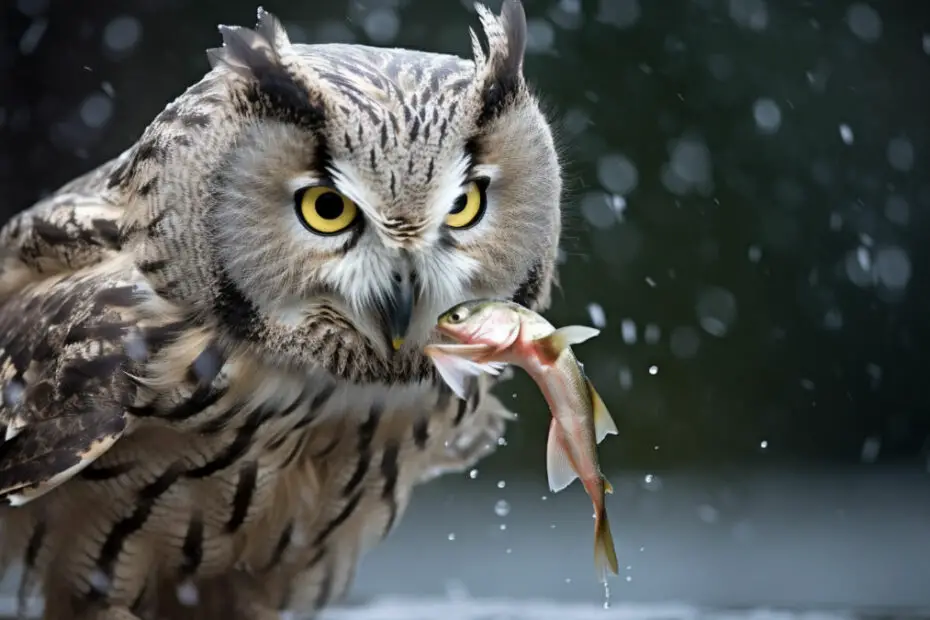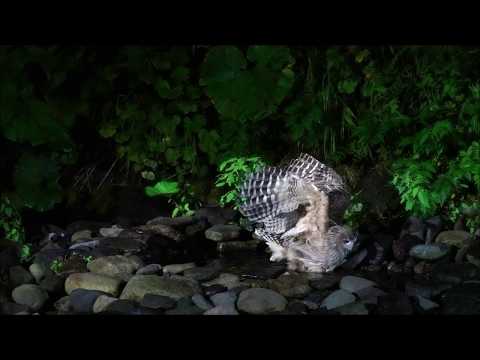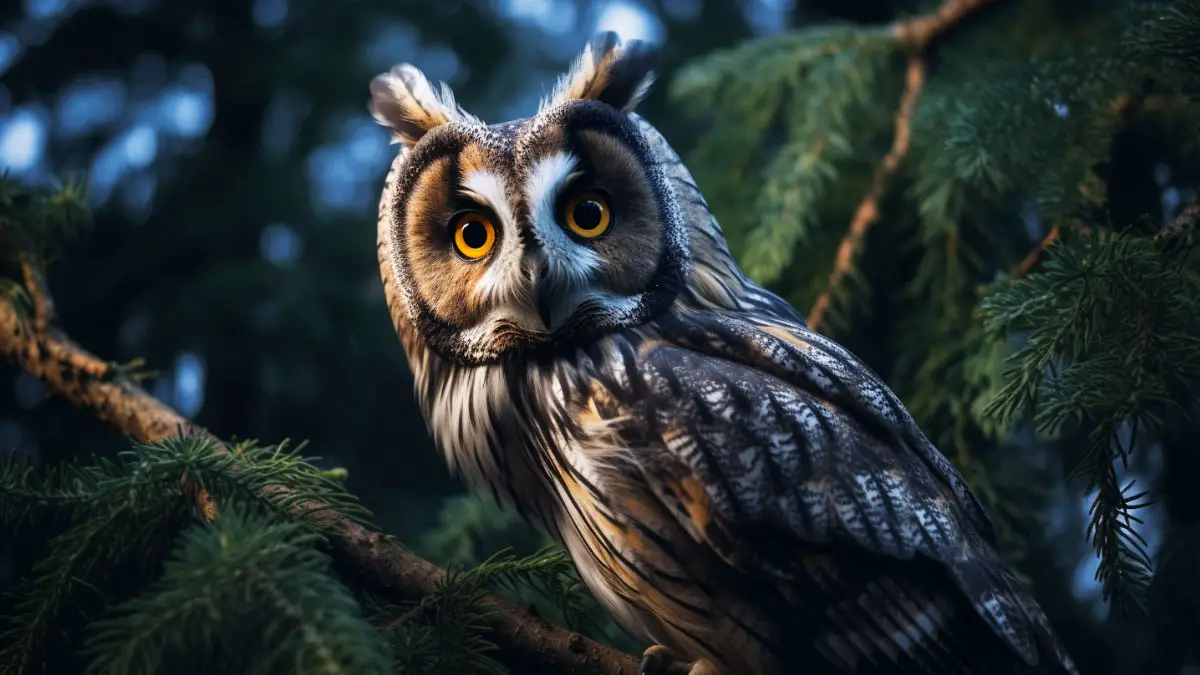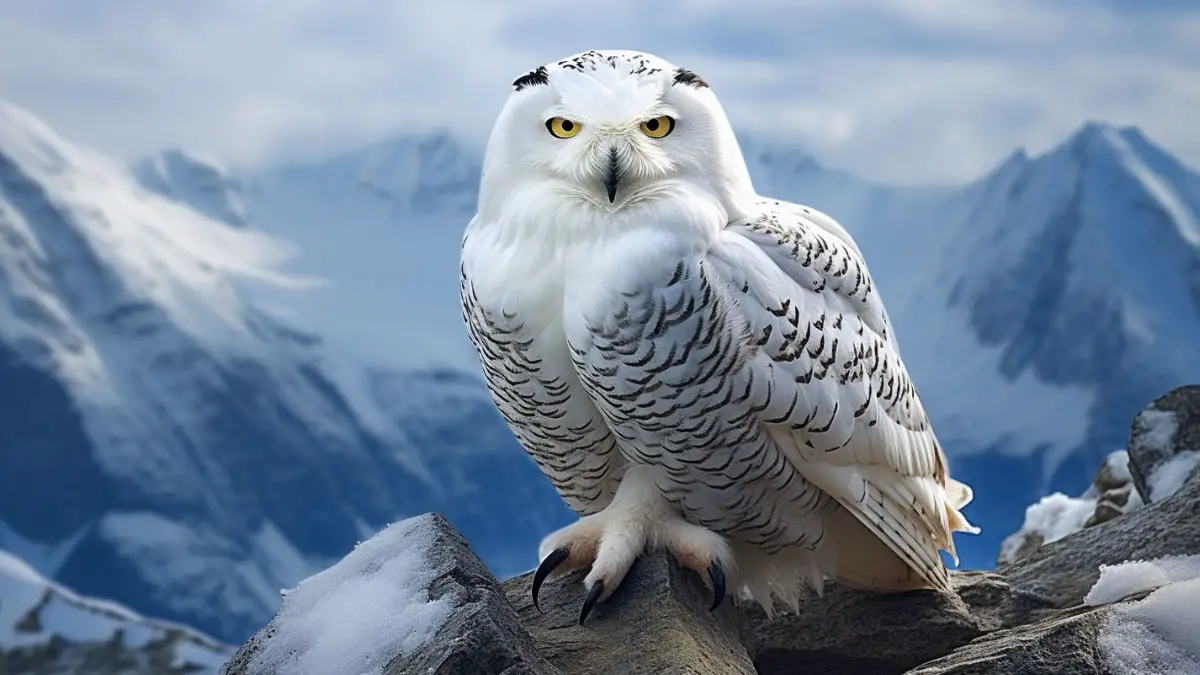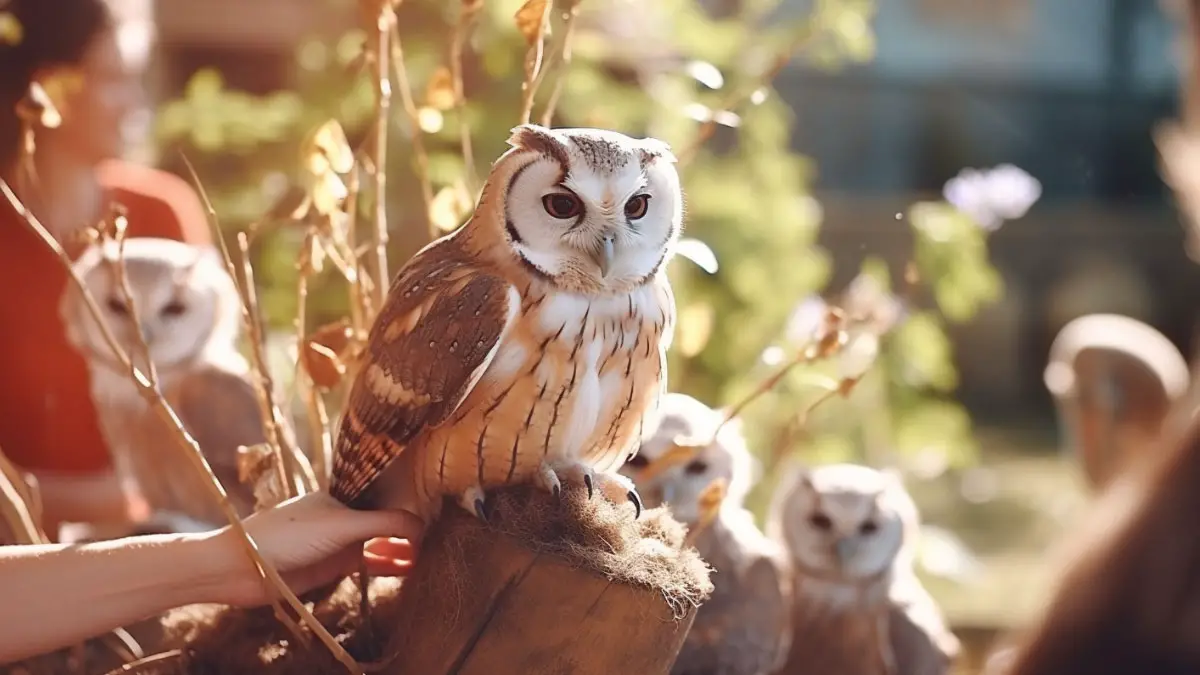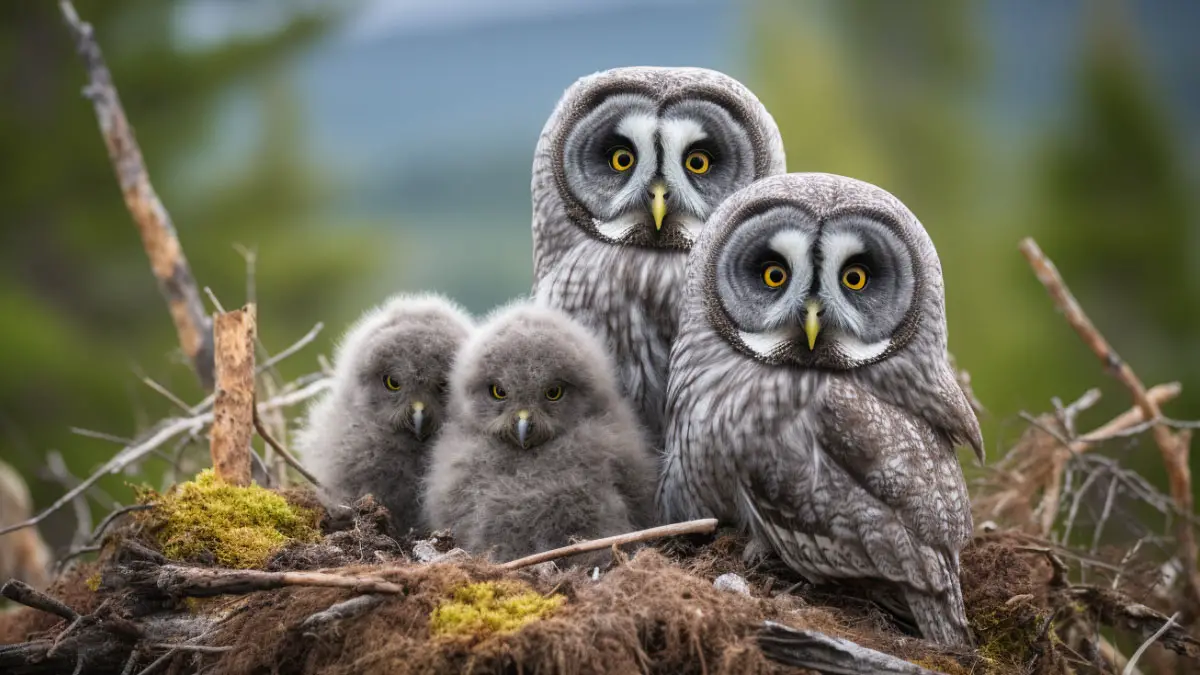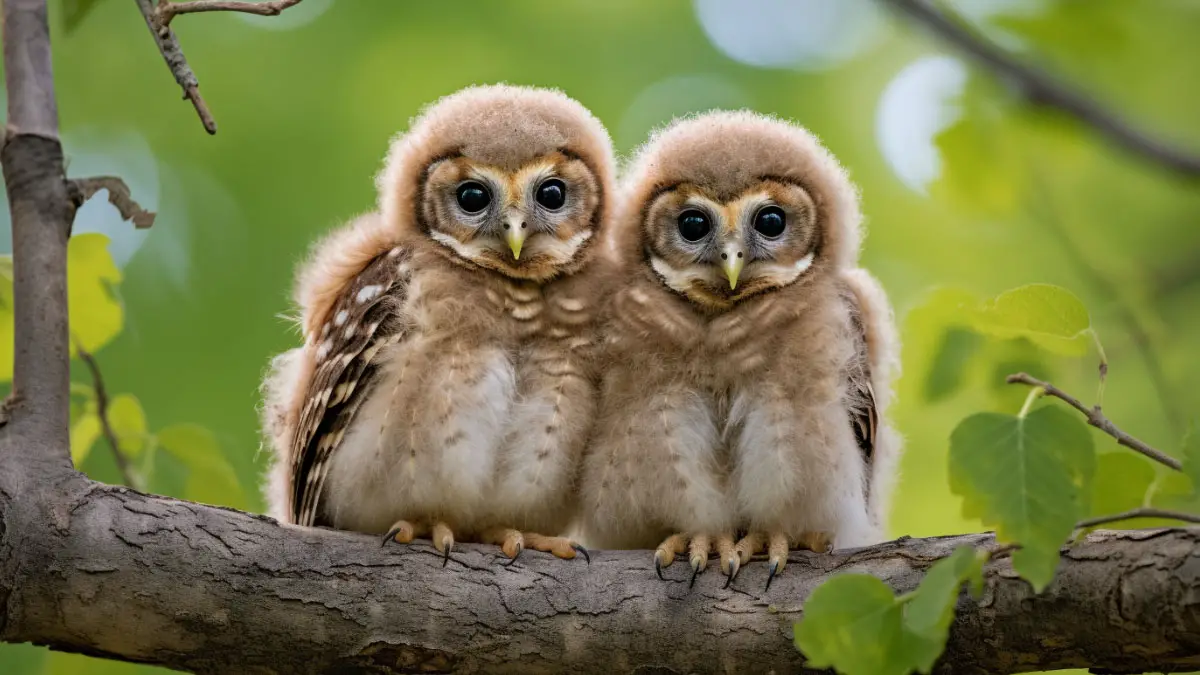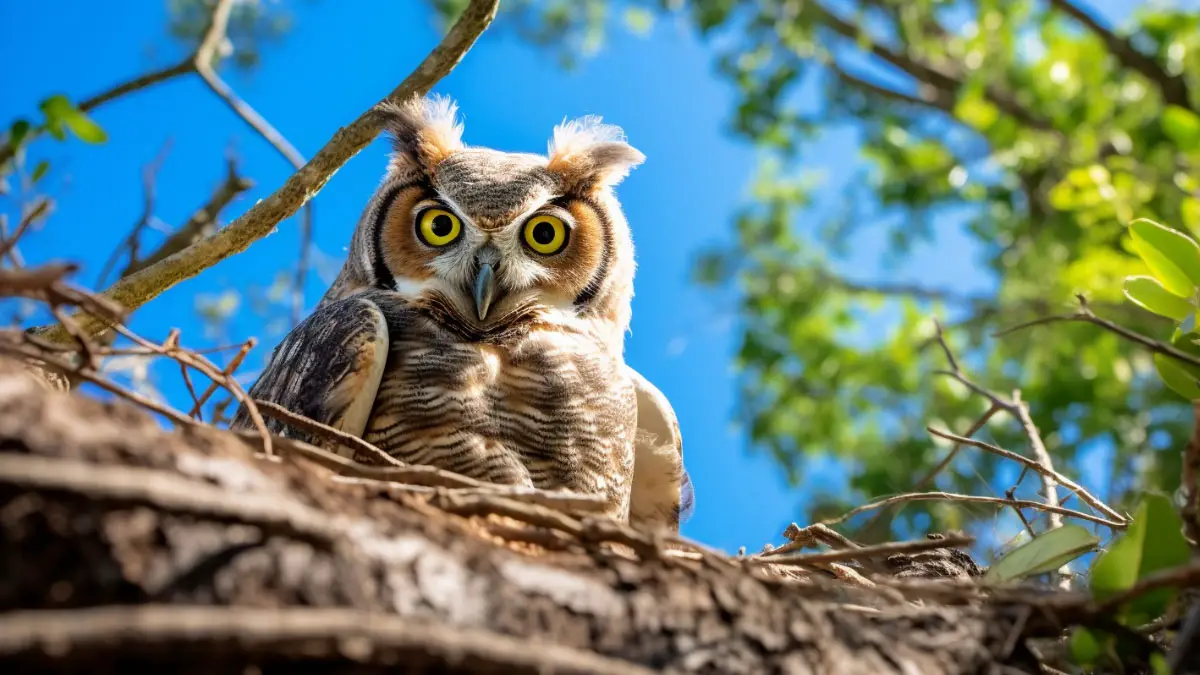Many owls seem to be catching fish. But not all owls prefer eating fish. Also, owls are less likely to be pets. So, people are sometimes curious about their diet. So, do owls eat fish?
Great-horned owls, Pel’s owls, snowy owls, and short-eared owls are the owls that can eat fish. While giving fish to an owl, if you have it as a pet, make sure it belongs to a species that eats fish. Consult with a vet. If feeding fish maintains its weight, height, and nature, then you can feed fish with other food.
Here, only the basic information is given. You have to give importance to some other factors while giving fish to an owl. Have a look at the important points!
Do Owls Eat Fish?
Owls eat fish. But it is not their priority or main food. Catching fish is not an easy task. Owls are known as birds of prey, and they try to hunt more easily.
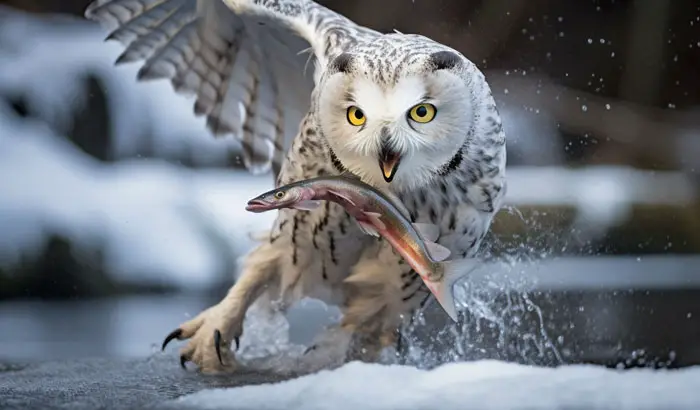
While catching fish, their feathers get submerged in the water. In soaked water, their feathers got overweight. So, all types of owls can not catch fish. Some specific types of owls catch fish are given below:
- Buffy fish owl
- Great-horned owl
- Blackstone’s fish owl
- Pel’s fishing owl
- Tawny fish owl
- Ural owl
However, there are some factors that influence owls to eat fish. They are as follows.
Insufficient Food Available
If there is a lack of food around the owl’s nest, it can influence the owl to catch fish. Insufficient rodents or insects can not fill their tummies. Winter is a hibernation period for many insects, and there is less availability of food in this season.
In that case, an owl can take the initiative to catch fish. Besides, if they have chicks, they need to hunt more. So, they do not take risks and hunt fish to feed themselves and their chicks.
Abundance Of Fish
If fish are abundant nearby, an owl can catch one. Fish are rich in many nutrients. So, an owl can catch fish to change their regular dietary schedule.
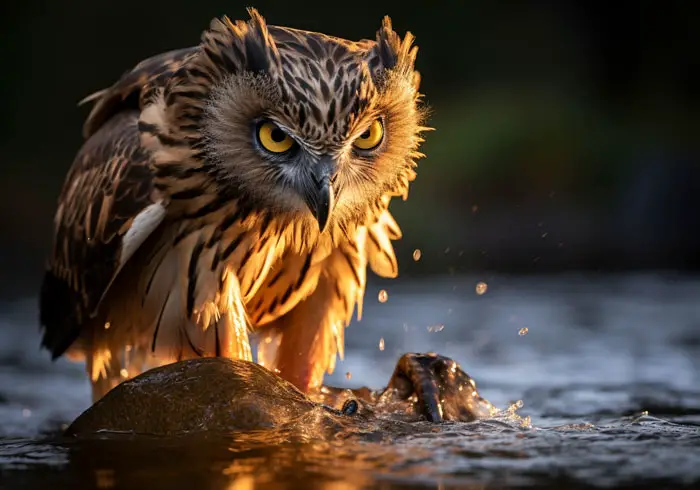
Habitat Near The River
If any owl lives near a river, it may try to hunt fish. Owls are hunters and will eat any living objects they can hunt. Nocturnal owls can hunt at night as the fish are available at any time.
Also, out of curiosity, they can try catching fish. If one successfully gains the skill of catching fish, it will continue eating fish.
The following video shows how an owl catches fish at night.
Can I Give Fish To My Pet Owl?
Yes, you can give fish to your pet owl. But giving fish depends on many factors. The factors you should consider are as follows.
Species of Owl
Before giving fish to your pet owl, ensure its species. If it is a type of fishing owl, then you can feed fish. But if the owl primarily eats animals like rodents, then you should not give fish as the main diet.
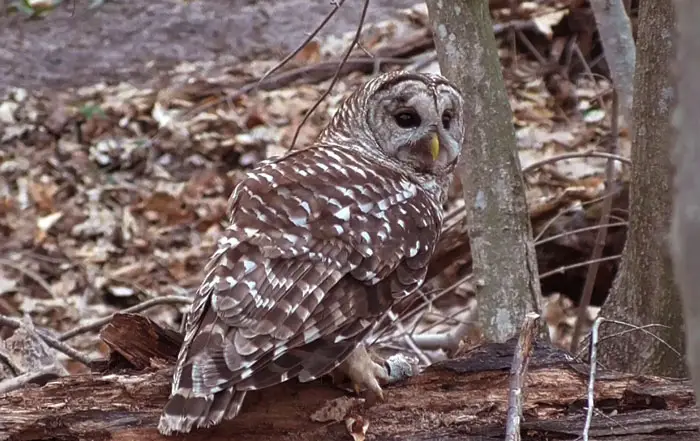
Adequate Nutrition
Fish can not fulfill all the daily requirements of an owl. While you are giving only fish as the main diet, there will be a lack of nutrition. Other animals, like mice and rats, contain more protein than fish. The protein they get from an owl is not enough for their muscle build-up.
Also, there will be a lack of vitamin D while taking fish as the main diet. Lack of vitamin D restricts the deposition of calcium in bones. So, ultimately, their growth will be hampered. Your pet owl will face a mineral imbalance, and they will also grow up with poor feather quality.
Long-term consumption of oily fish can result in a poor immune system. So they will easily get sick. Lack of nutrition will make them less energetic.
So, while you are giving fish, make sure to add other foods as well. Giving them different types of foods can encourage them to eat more and get all the required nutrition. You can add crustaceans, small mammals, and amphibians. Also, with the permission of a vet, you can give them pellets that are suitable for owls.
Preparation And Ensure Safety
Before giving fish to your pet owl, make sure it is fresh. You should not provide rotten fish. The fish should not contain mud, chemicals, dust, or parasites. So, while preparing it, clean it with fresh water. Boil the fish properly. Heat will kill bacteria and parasites.
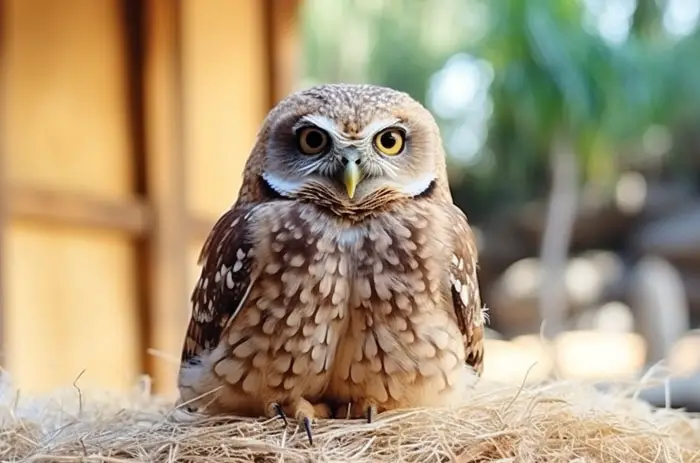
Improvement Of Health
Inspect your owl’s appearance, behavior, height, and weight. If any suspected condition or illness is found, then immediately stop the given diet. Take your owl to the vet.
Approval From The Vet
It will be better to get a diet chart from your vet. Giving any food without consulting the vet can cause serious conditions. So, get approval from the vet before giving fish.
FAQs
These are some commonly asked questions by people about owls’ diet.
Yes, you can give fish to your baby owl. But before giving fish, start with other foods first, then gradually add fish. Some baby owls can have difficulties digesting fish. Consult with a vet before giving fish to a baby owl.
Baby owls should be given fish mixed with other foods every 2 to 3 hours. An adult owl should be given 2 to 3 times a day. Avoid giving fish every day to an old owl.
Conclusion
The wild owl can catch and eat fish. If its resident is near a river, then catching fish will be a common scenario. Also, a lack of food or an abundance of fish can influence them to catch fish. If you have an owl that belongs to a fish-hunter species, then you can give it fish.
But before giving, get permission from a vet. Prepare the fish properly to avoid bacterial or parasitic attacks. Finally, monitor your owl to see if it is healthy or not. Giving them fish mixed with other foods will be good for them.
